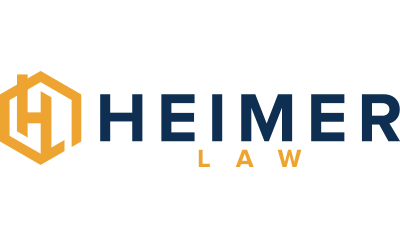An unplanned pregnancy can be shocking, frightening, and downright overwhelming, even for women who are in an ideal situation in their lives. For women who are both pregnant and homeless, it can feel devastating.
Problems facing the pregnant and homeless
A pregnant, homeless woman faces a multitude of challenge. The mere lack of shelter exposes her to the elements, unsafe environments, and a lack of privacy and hygiene. A woman without consistent shelter may be more vulnerable to violence. The stress of being homeless and pregnant can exacerbate or lead to mental health problems like depression, anxiety, and substance use disorders.
Unhoused women may also lack other, related resources. Consistent access to nutritious food is crucial during pregnancy for both the woman’s health and the baby’s development. Homelessness often means relying on inconsistent or poor-quality food sources. Regular prenatal care is essential for monitoring the pregnancy, managing complications, and ensuring a safe delivery. Homelessness creates barriers to accessing healthcare, including transportation, lack of insurance, and difficulty scheduling and keeping appointments.
For these reasons, being without a home increases the risk of various health problems during pregnancy:
- Premature labor and delivery
- Low birth weight
- Preeclampsia
- Gestational diabetes
- Infections
- Birth defects
- Need for intensive care for baby
In addition, homeless women may lack support from family and friends, which can make it even harder to cope with the challenges of pregnancy. Navigating the systems that could provide help, such as shelters, social services, and healthcare, can be complex and overwhelming, especially without a stable place to live or access to communication technology like a phone, mailing address, or computer.
Finally and sadly, pregnant homeless women may face judgment and discrimination from others, which can further isolate them and make it harder to seek help.
Solutions
For mothers considering adoption, Arkansas allows prospective adoptive parents to provide financially for birth mothers. Expenses like rent, medical care, and food can be covered. An adoption lawyer can help make arrangements and make certain that everything is done according to the law.
A specialized adoption lawyer can also help expectant moms get in touch with services like Medicaid and local support systems. A general family lawyer may not offer services of this kind, but a specialist like Heimer Law can provide significant practical support.
Adoption is a loving choice for people who are at a point in their lives when parenting is not the best choice for themselves or their developing child. Birth moms in Arkansas can choose the family with whom they want to place their child, and can make an adoption plan that meets their individual needs. It is possible to keep the family and the child from knowing the identity of the mother, or to arrange an open adoption that creates opportunities for continued contact with the child.
Contact Heimer Law to learn about your options. Consultation is free and you are not obligated to anything.
Inquiry Form

